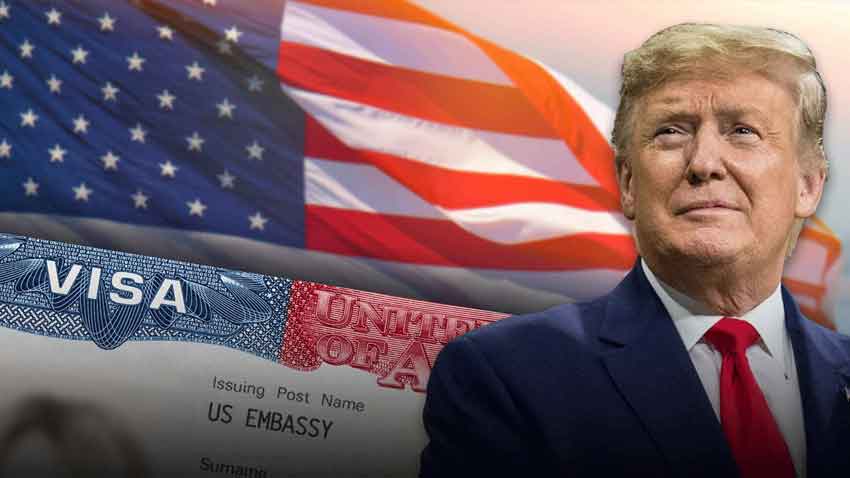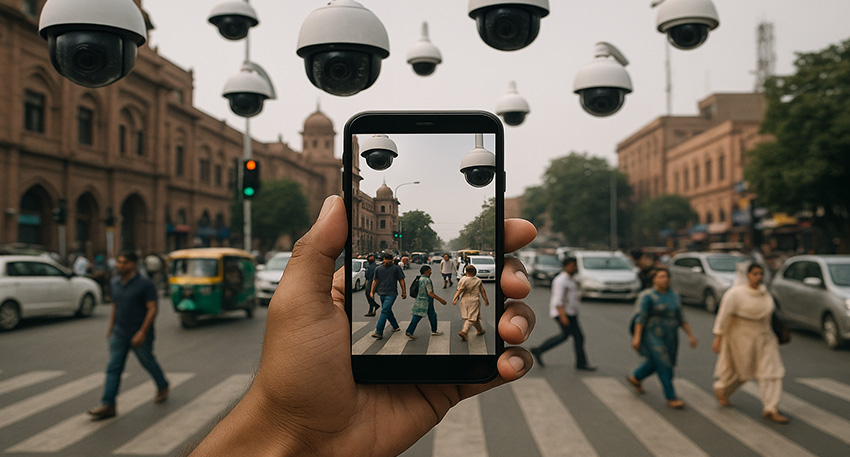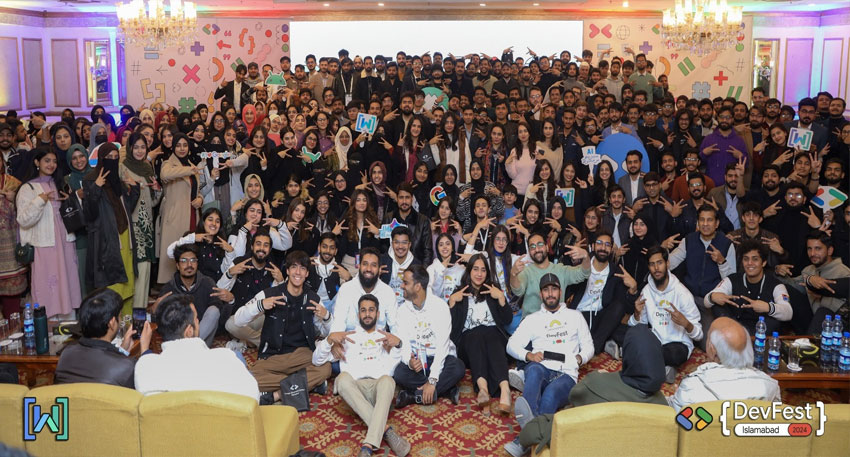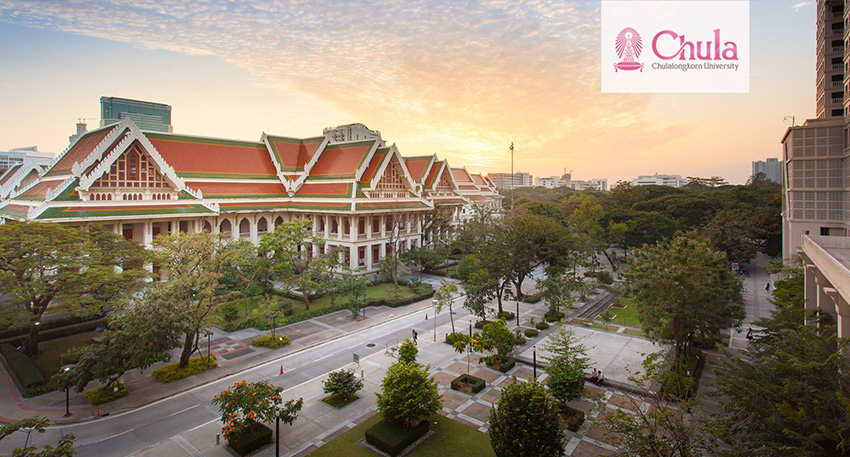
These companies rely heavily on deploying skilled professionals to the United States.
The White House confirmed the new fee on Friday, presenting it as part of a broader plan to reform America’s temporary employment visa system. This move is being seen as the most high-profile step yet in Washington’s attempt to overhaul how foreign talent enters the country.
The announcement has already created panic. Several major U.S. tech firms have advised their H-1B visa holders to either stay inside the country or quickly return, fearing possible risks if they delay.
For Indian IT firms, this change could mean higher costs, reduced competitiveness, and pressure to shift operations. Nasscom has cautioned that such a steep fee will not only hit businesses but could also slow down U.S. companies that rely on Indian expertise.
Nasscom, representing India’s $283 billion IT and business process outsourcing industry, said the abrupt rollout of the policy would impact Indian nationals and disrupt continuity of ongoing onshore projects for the country’s technology services firms, as reported by Reuters.
The industry body said the one-day deadline for the new policy created "considerable uncertainty for businesses, professionals, and students across the world."
Read more: Pakistan’s IT exports jump 18% in two months despite August dip
It also said the new policy could have "ripple effects" on the U.S. innovation ecosystem and on global job markets, pointing out that for companies, "additional cost will require adjustments".
Microsoft, JPMorgan and Amazon responded to the announcement by advising employees holding H-1B visas to remain in the United States, according to internal emails reviewed by Reuters.
Since taking office in January, President Donald Trump has launched a broad crackdown on immigration, including efforts to limit certain forms of legal immigration.
Meanwhile, India’s Ministry of External Affairs issued the following statement.
The Government has seen reports related to the proposed restrictions on the US H1B visa program. The full implications of the measure are being studied by all concerned, including by Indian industry, which has already put out an initial analysis clarifying some perceptions related to the H1B program.
Industry in both India and the US has a stake in innovation and creativity and can be expected to consult on the best path forward.
Skilled talent mobility and exchanges have contributed enormously to technology development, innovation, economic growth, competitiveness and wealth creation in the United States and India. Policy makers will therefore assess recent steps taking into account mutual benefits, which include strong people-to-people ties between the two countries.
This measure is likely to have humanitarian consequences by way of the disruption caused for families. Government hopes that these disruptions can be addressed suitably by the US authorities.




